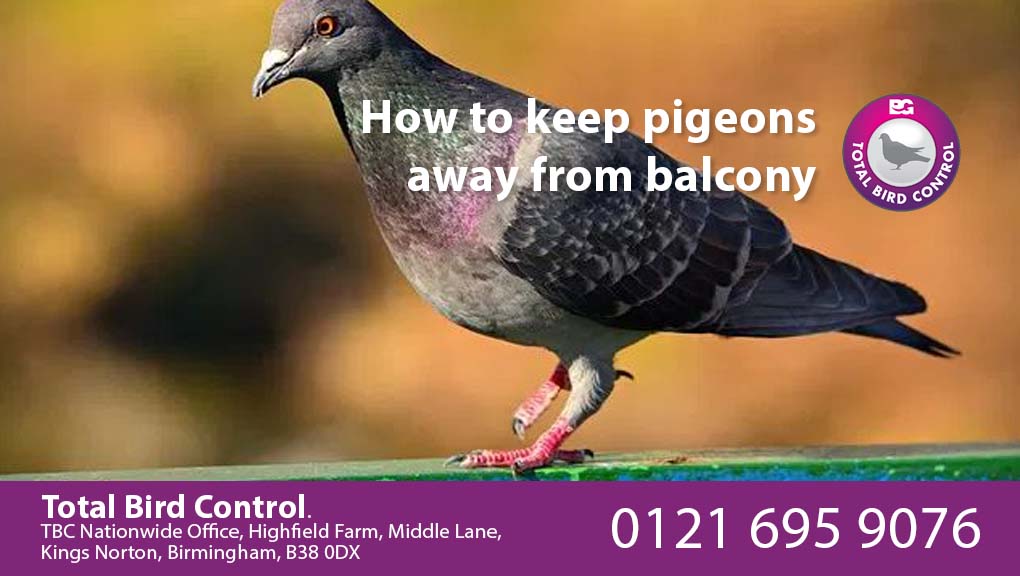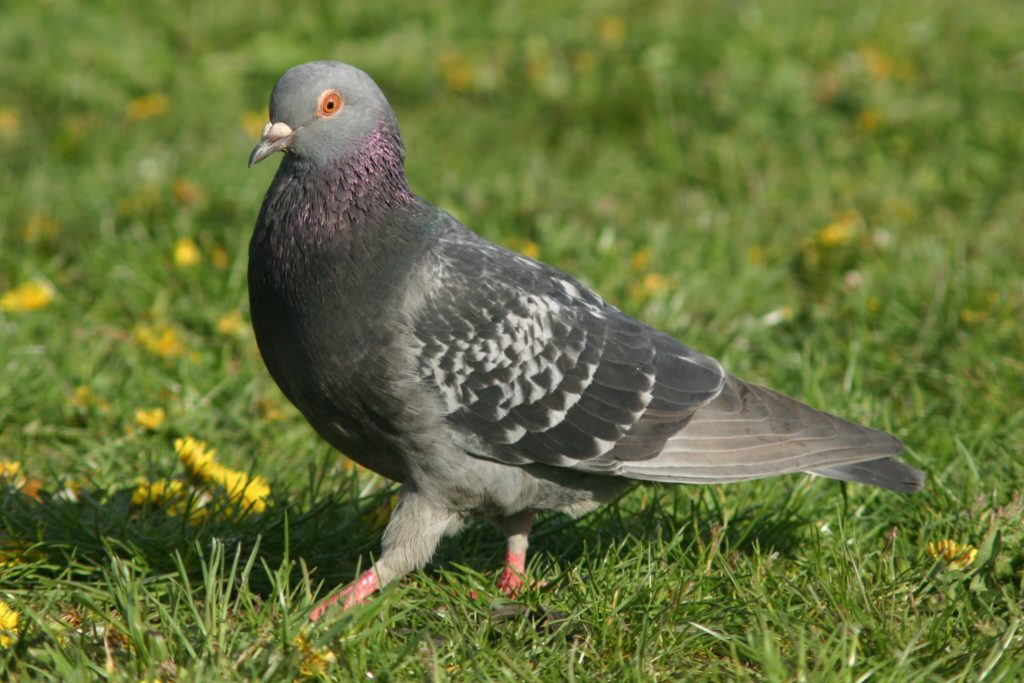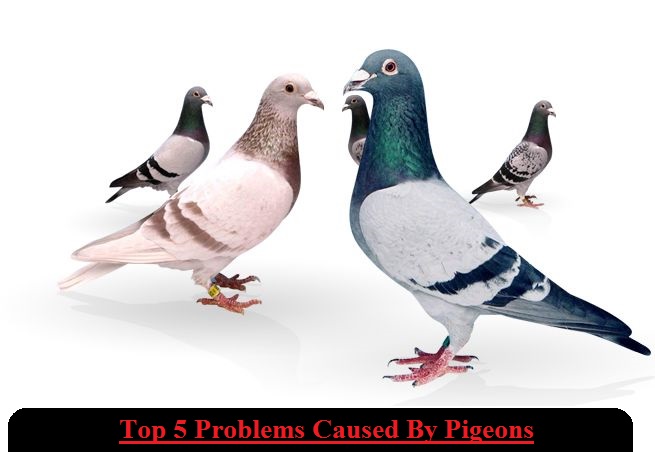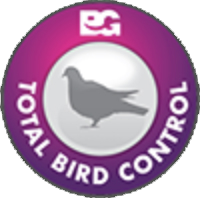Keep your balcony and terrace views free from pigeons


How to keep pigeons away from your balcony Having a bird’s eye view is wonderful, especially when you are spending more time at home, however, if birds actually decide to take up residence on your balcony or terrace you will need to take action. By their nature, balconies and terraces can become a natural attraction […]
The law and pigeon pest control explained


DEFRA (Department of Environment, Food and Rural Affairs regulates the control of feral pigeons and the rest of wild birds in the United Kingdom based on the Wildlife and Countryside Act from 1981 (or chapter 69 to be more precise). The purpose of this Act is to regulate all legal matter related to the handling […]
Top 5 Problems Caused By Pigeons


Pigeons are a type of bird that lives almost everywhere in the world. They are commonly found in urban areas. There are many people who enjoy their presence and even feed these interesting birds. However, there is another side associated with pigeons that no one likes. Many people use the term “flying rats” because their […]






